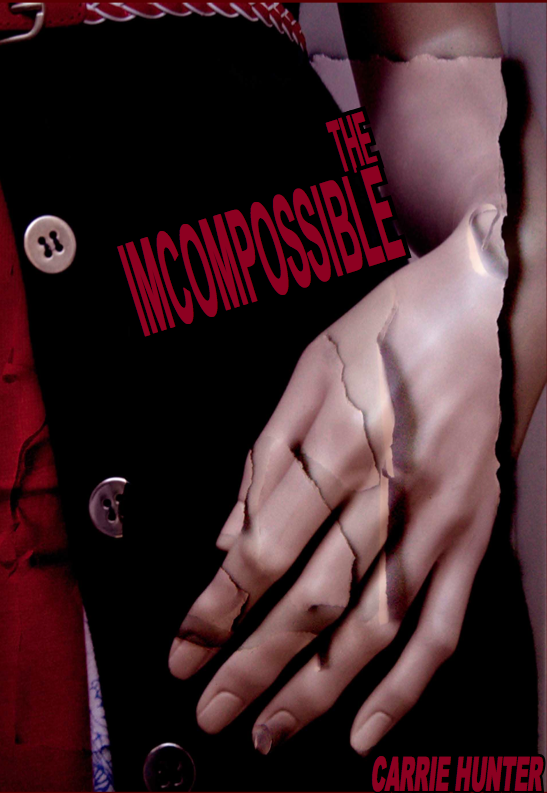Johnston talks about Susan Howe as directly in the "tradition of apocalyptic Romanticism," and that "in a moment of terror or crisis, the writer’s mind becomes other to itself, transcending the circumscribed palisades of order and rationality." He also says that "critical discourse has in some sense domesticated the wildness of Howe’s texts by attributing to them an academic or liberal agenda" (146). She is sometimes utterly strange reading. A collaged voicing of historical texts.
He also talks about Brenda Hillman, another favorite. In Hillmans' Loose Sugar, in the poems entitled "blue codices," which have a subtitle of depression and alchemy, "dissociation serves as subject and method" (158). Dissociation as another form in the apocalyptic romantic tradition?
"In the vast and heterogeneous body of poets now writing, few address the metaphysical implications of form except to suggest its conventionality. In an academic context, the challenge of "experimental" poetry has generally been presented as that of an avant-gardism. In the wake of Language Poetry, its prolific self-promoters and commentators have framed experimental poetry, as essentially deconstructive, and with the particular agenda of deconstructing a naïve, naturalistic sense of "voice." Correspondingly, most poetry criticism discusses experimental formal practice in terms of an "explosion" of tradition. Critics such as Marjorie Perloff, for instance have followed Charles Bernstein in celebrating self-evident "artifice" as 'a measure of a poem’s intractability to being read as the sum of its devices and subject matters.' What has been obscured, I think, is the ongoing commitment one finds in much American experimental poetry to an organic relation between poem and cosmos. For such poets, poetry does not so much function as commentary or space for reflection; rather, it stages a volatile, primary activity. Likewise, normative sense is not abdicated in favor of nonsense, but in favor of a transrational, visionary mode. " (136)
I like the wild and I like the organic and I definitely like a connection to the cosmos.
An excerpt from Howe:
UpConcatenationLessonLittleAKantianEmpiricalMaoris
HumTemporal-SpatioLostAreLifeAbstractSoRemotePossess
ReddenBorderViewHaloPastApparitionOpenMostNotionIs
Johnston says about this: "Such passages hardly invite close readings, and could perhaps be discussed more readily in terms of their gaps or incoherence rather than thematic continuity. Yet I would like to suggest that Howe’s composition here follows an imitative logic. As Atherton enters the depths of the forest he "cannot see," and the space between words closes with the space between trees. In the page quoted here, the text of the previous page is reversed, implying the lack of a proscribed route or direction in unsettled space. Furthermore, the parenthetical "selv" suggests the obscured state of selfhood in the wilderness, as well as its plurality" (150).
***
Funny how at the Fanny Howe reading recently I was connecting antiwar poetry and spirituality and D. Johnston connects her sister's work Susan to H.D. for similar reasons. He says Susan's "lyric intensity draws equally on an antinomian experience of the wilderness (in poems such as "Articulation of Sound forms in Time") and the destruction of the Second World War (in "Pythagorean Silence"). For Howe, as for H.D., lyric intensity is closely related to violence."
Speaking of Susan Howe, I am reading Pierce-Arrow, which seems to be about the logician philosopher Charles S. Peirce, who I read as an undergrad! A philosopher I have actually read is kindof rare, but I cannot remember a thing about him, except the spelling of his name is opposite the usual way you spell that word. Him and Wieners. Pierce is a strange, possibly, un-hip topic. I mean logic? But of course it is cool in her hands. Poetry & philosophy is a common combination, but poetry and logic? Pierce-Arrow seems to be an academic study mixed with her poetic lines regarding the topic, which makes it a cool anti-academic, academic form. But it does not contain much about logic, it is biography - the dubious facts of his 2nd wife’s background. So far. But: "Phenomenology asks what are the elements of appearance" (11). Biography as Phenomenology. "What is the secret nature of facts" (14).
Sunday, December 03, 2006
Subscribe to:
Comments (Atom)







